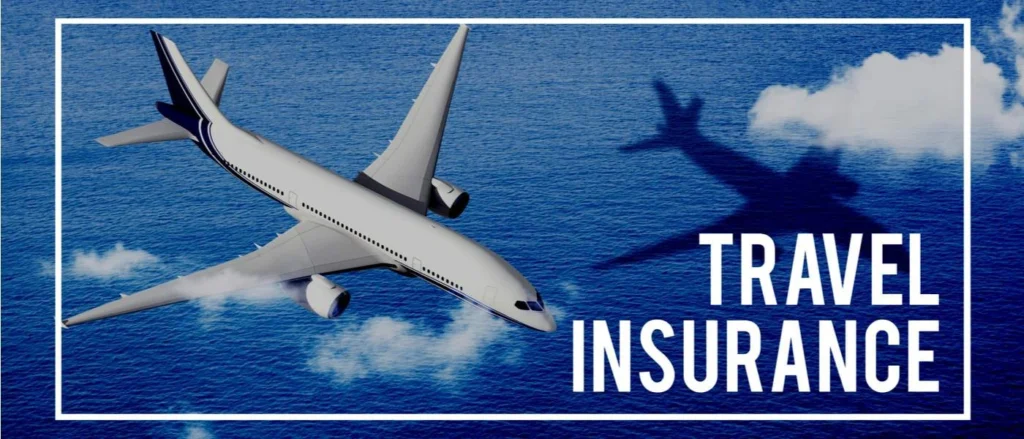No matter how well you plan a trip, unexpected things can happen—flight delays, lost luggage, medical emergencies, or even trip cancellations. That’s where travel insurance comes in. But with so many providers and plans out there, how do you choose the right one?
This guide breaks it down so you can pick the best travel insurance confidently—without overpaying or ending up under-protected.
1. Understand What Travel Insurance Covers
Before choosing a plan, know what you’re actually paying for. A good travel insurance policy typically includes:
- Trip Cancellation/Interruption: Reimburses prepaid expenses if your trip is canceled or cut short due to a covered reason.
- Emergency Medical Coverage: Covers medical treatment abroad (especially important if your regular health insurance doesn’t work internationally).
- Emergency Evacuation: Helps with transport to a hospital or back home if needed.
- Lost or Delayed Baggage: Replaces essentials if your luggage goes missing or arrives late.
- Flight Delays or Missed Connections: Offers compensation for unexpected delays or costs.
- 24/7 Assistance: Gives you access to a helpline for help during emergencies.
Not every plan includes everything—read the fine print and check what’s included vs. optional.
2. Assess Your Travel Needs
Your destination, travel style, and health status all affect the type of insurance you need.
Ask yourself:
- Am I traveling domestically or internationally?
- Do I have any pre-existing conditions?
- Am I going on a cruise, adventure trip, or high-risk activity (like hiking or scuba diving)?
- Will I be carrying valuable electronics or gear?
- Do I already have some coverage through my credit card?
Knowing your needs helps narrow down the right level of coverage.
3. Compare Multiple Providers
Not all travel insurance is created equal. Prices and benefits vary.
Use comparison sites like:
- Squaremouth
- InsureMyTrip
- TravelInsurance.com
- SafetyWing (especially good for digital nomads)
What to look for:
- Clear breakdown of what’s covered
- High customer ratings
- Transparent pricing
- Easy claims process
Don’t just go with the cheapest option—make sure it’s reliable and fits your trip.
4. Check the Policy Limits
Every insurance plan has limits on how much you can claim for each situation.
Pay attention to:
- Medical coverage limits (at least $100,000 USD for international trips is recommended)
- Emergency evacuation (should be $250,000 USD or more for far-off destinations)
- Baggage loss/delay reimbursement
- Trip cancellation and delay limits
The right limit depends on how far you’re going, what you’re doing, and how much your trip is worth.
5. Look Into COVID-19 and Crisis Coverage
Post-pandemic, more travelers ask: Does my insurance cover COVID-related cancellations or treatment?
Make sure your plan:
- Covers COVID-19 treatment abroad
- Includes trip cancellation due to illness or testing positive
- Offers quarantine-related accommodation coverage if needed
Also check for coverage in the event of natural disasters, political unrest, or travel bans—especially if visiting regions prone to such events.
6. Understand What’s Not Covered (Exclusions)
Always read the exclusions section carefully.
Common exclusions include:
- Pre-existing conditions (unless you get a waiver)
- Risky activities not listed (e.g. skydiving, mountaineering)
- Alcohol- or drug-related incidents
- Traveling against government travel advisories
If you’re doing something unusual (like skiing or remote hiking), make sure it’s listed under covered activities—or ask about an add-on.
7. Don’t Wait Until the Last Minute
You can buy travel insurance up to the day before your trip, but it’s smarter to buy it soon after booking.
Why? Because:
- Trip cancellation coverage starts immediately.
- You’ll qualify for pre-existing condition waivers (many require buying within 14–21 days of booking).
- You’re protected if something goes wrong before your trip begins.
Final Thoughts
The best travel insurance is one that fits your specific trip, your health, and your budget. A little research goes a long way in protecting yourself from big surprises.
To recap:
- Know what coverage you need
- Compare multiple providers
- Check limits, exclusions, and COVID-related details
- Buy early
Peace of mind is priceless when you’re far from home—and the right insurance helps you travel smarter, safer, and stress-free.

